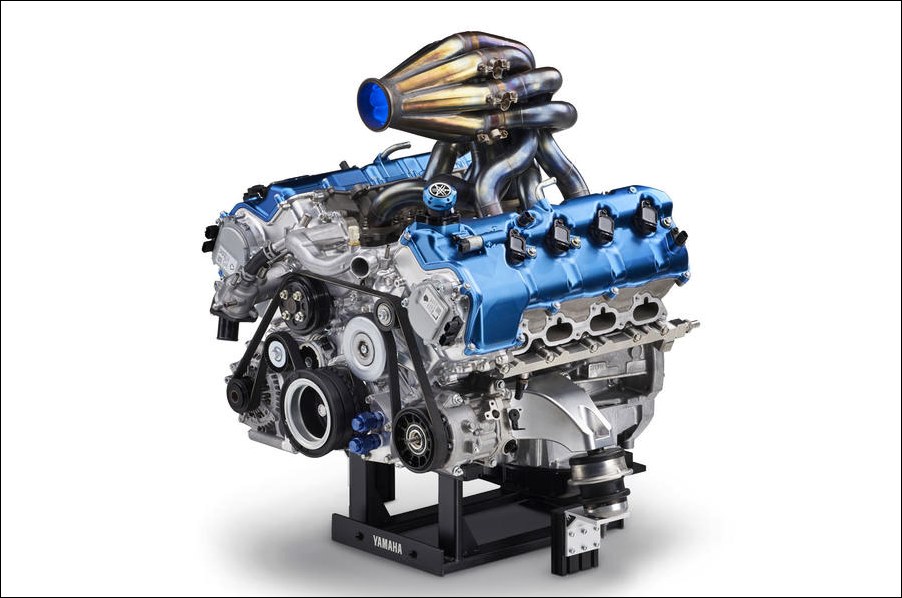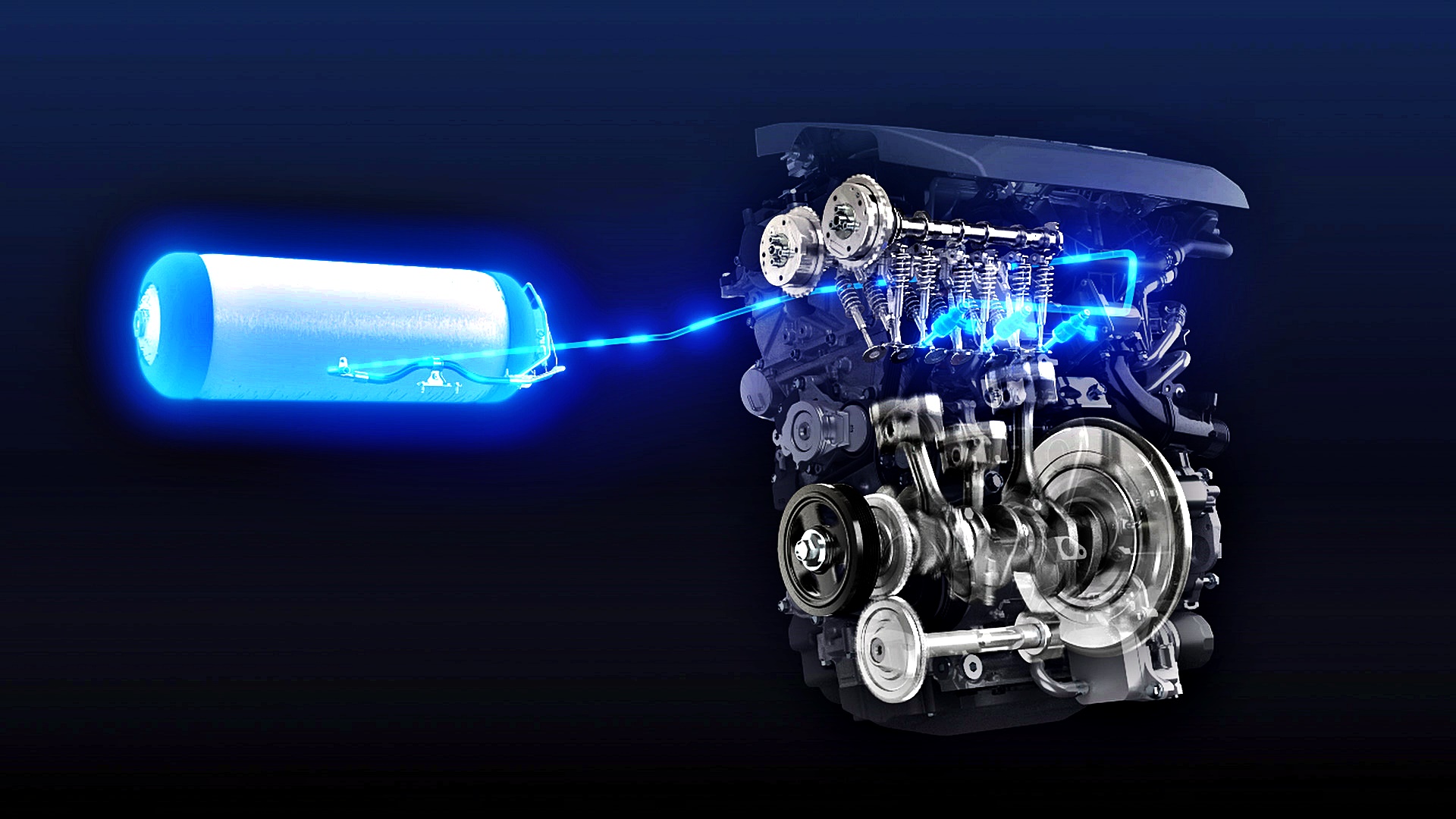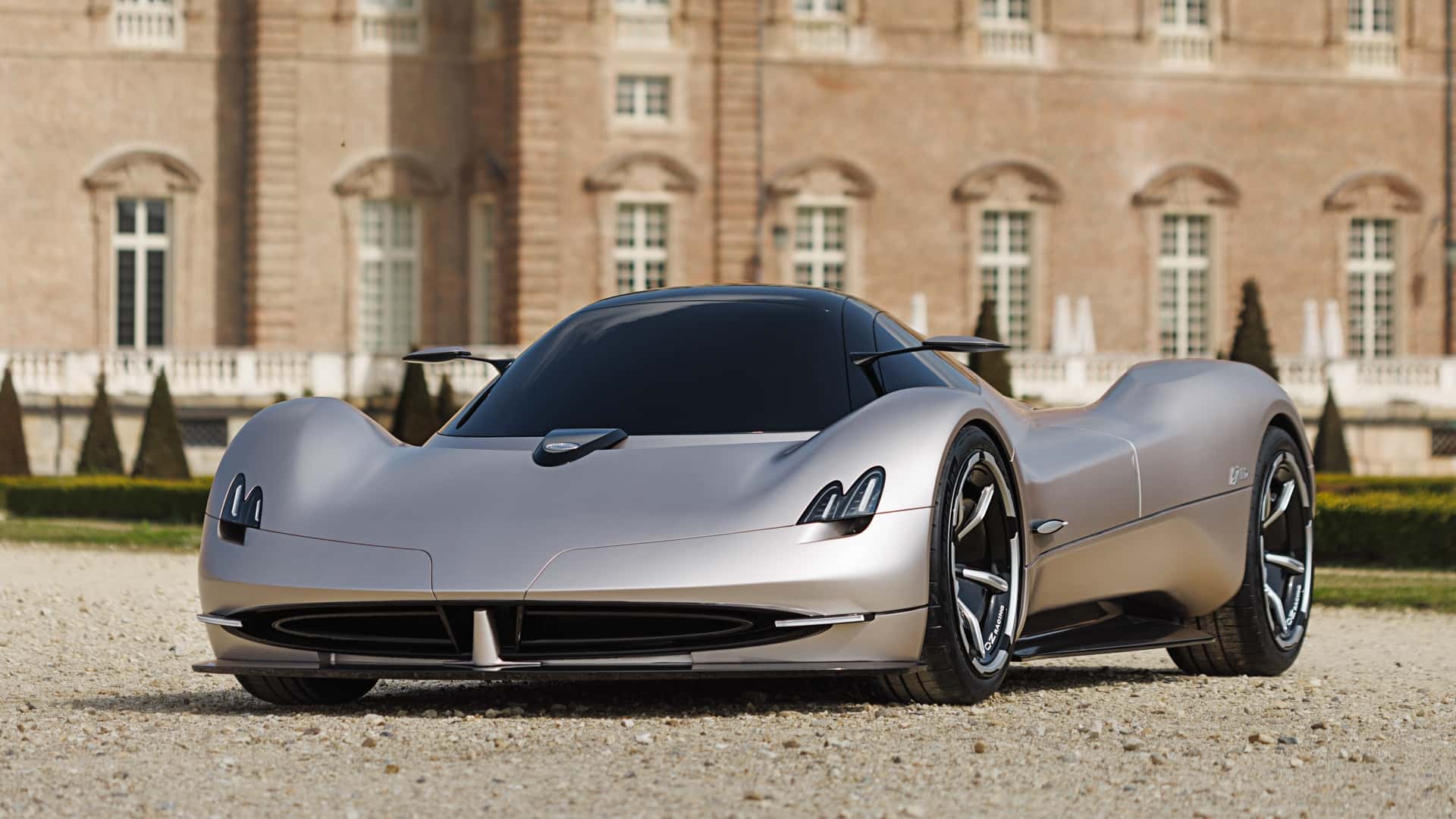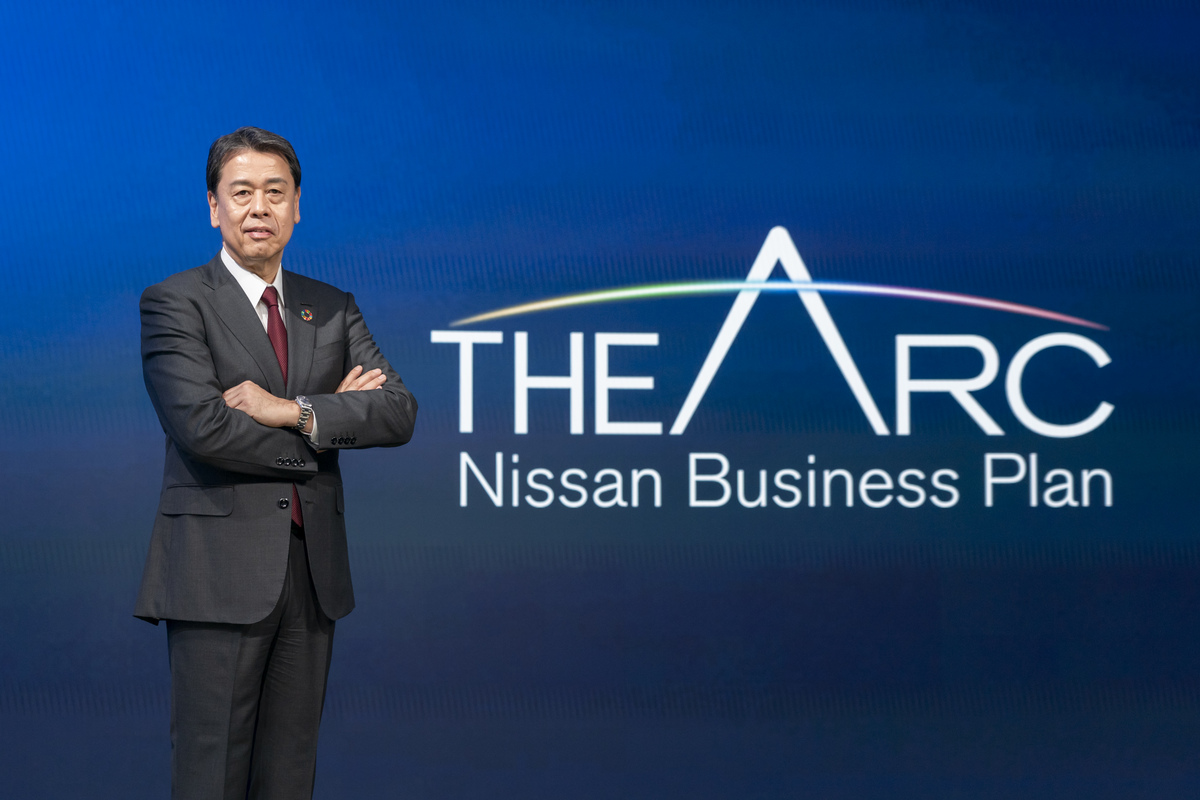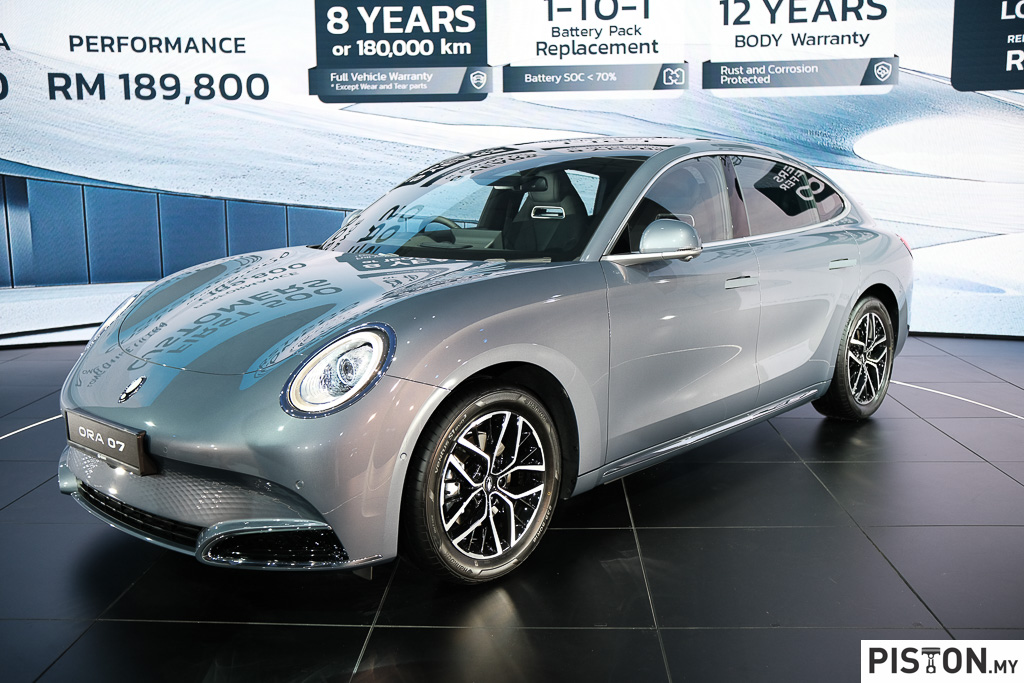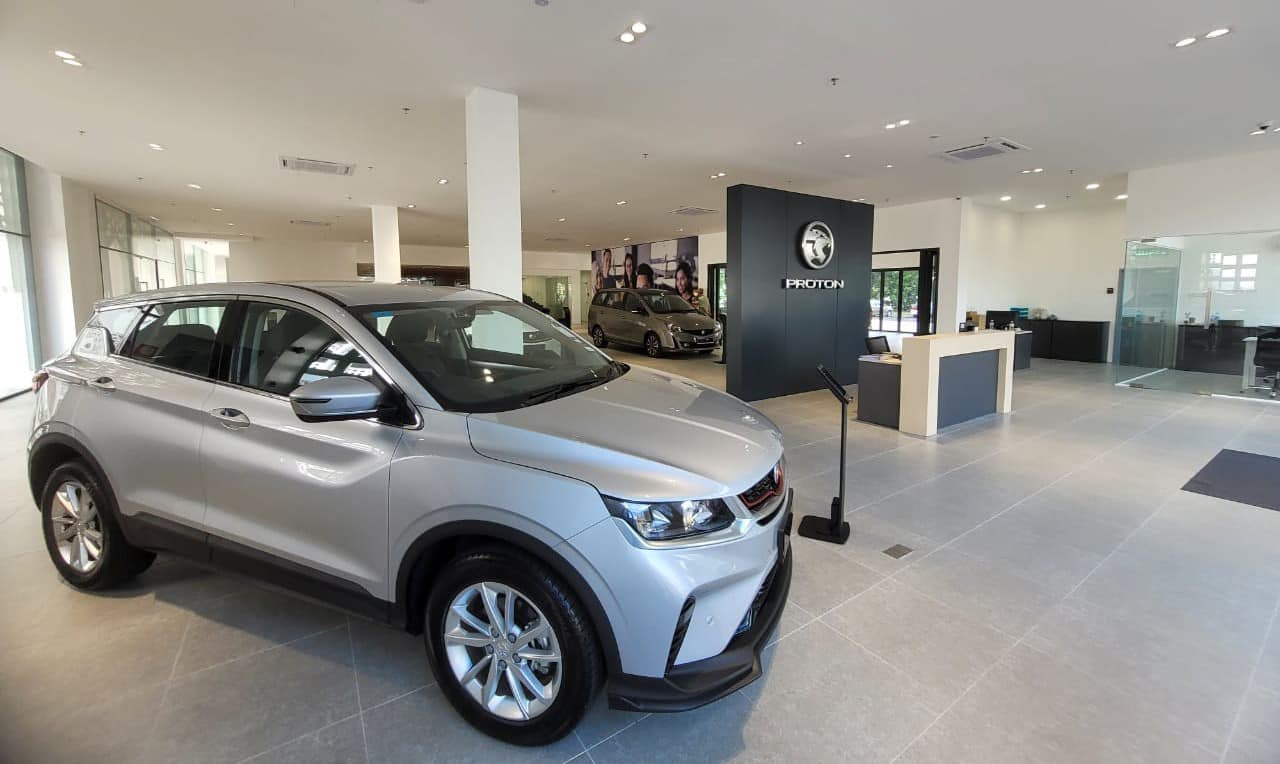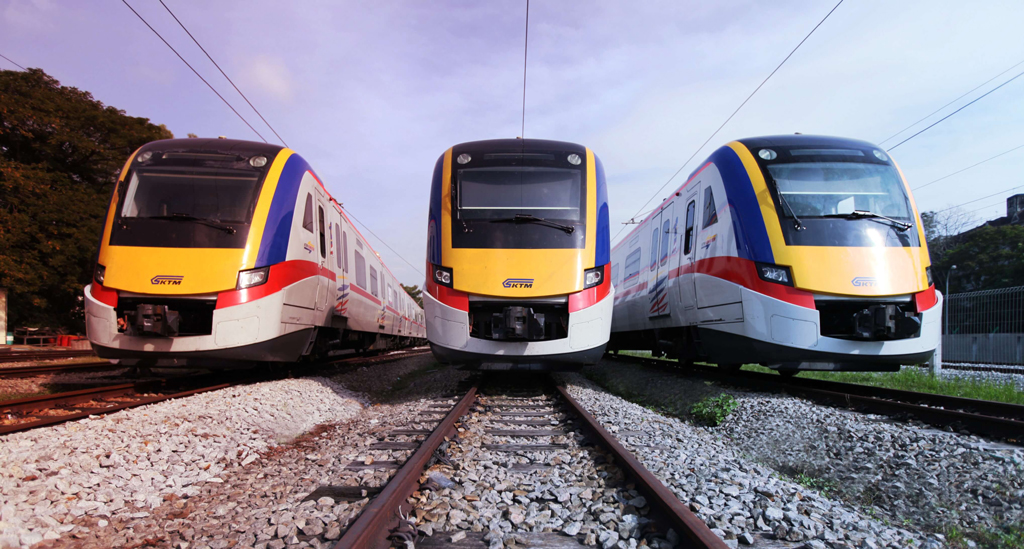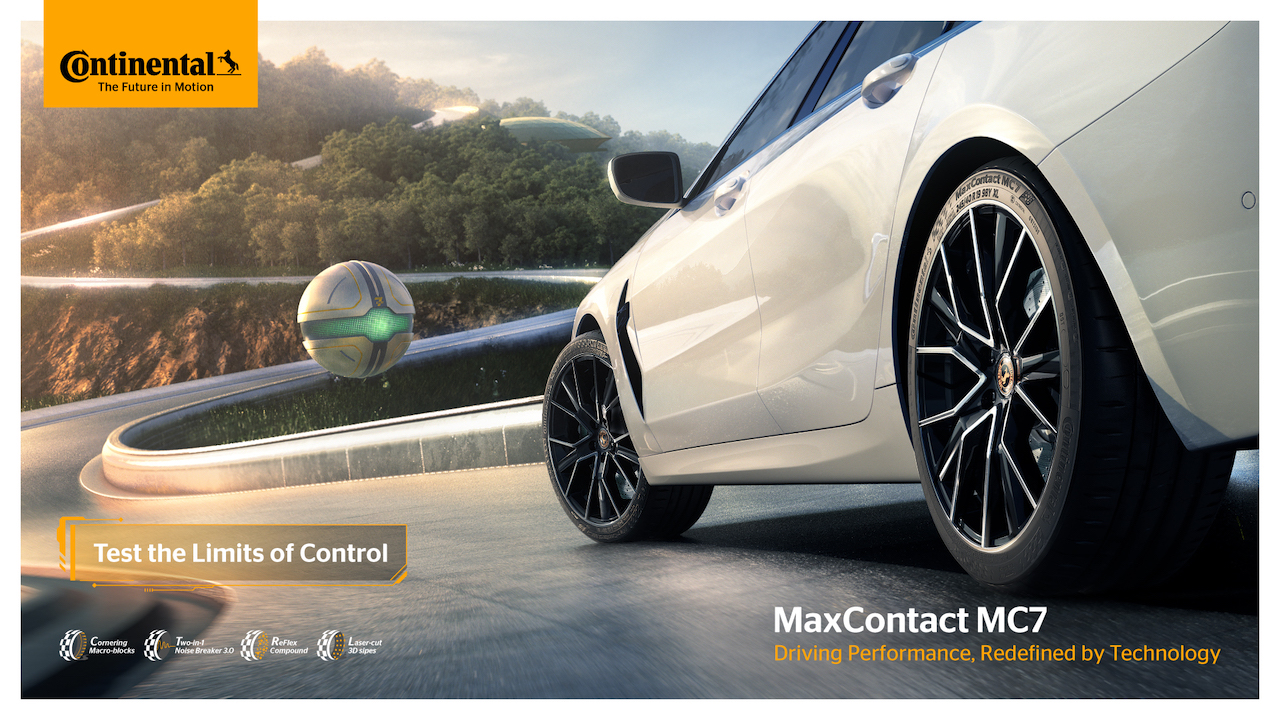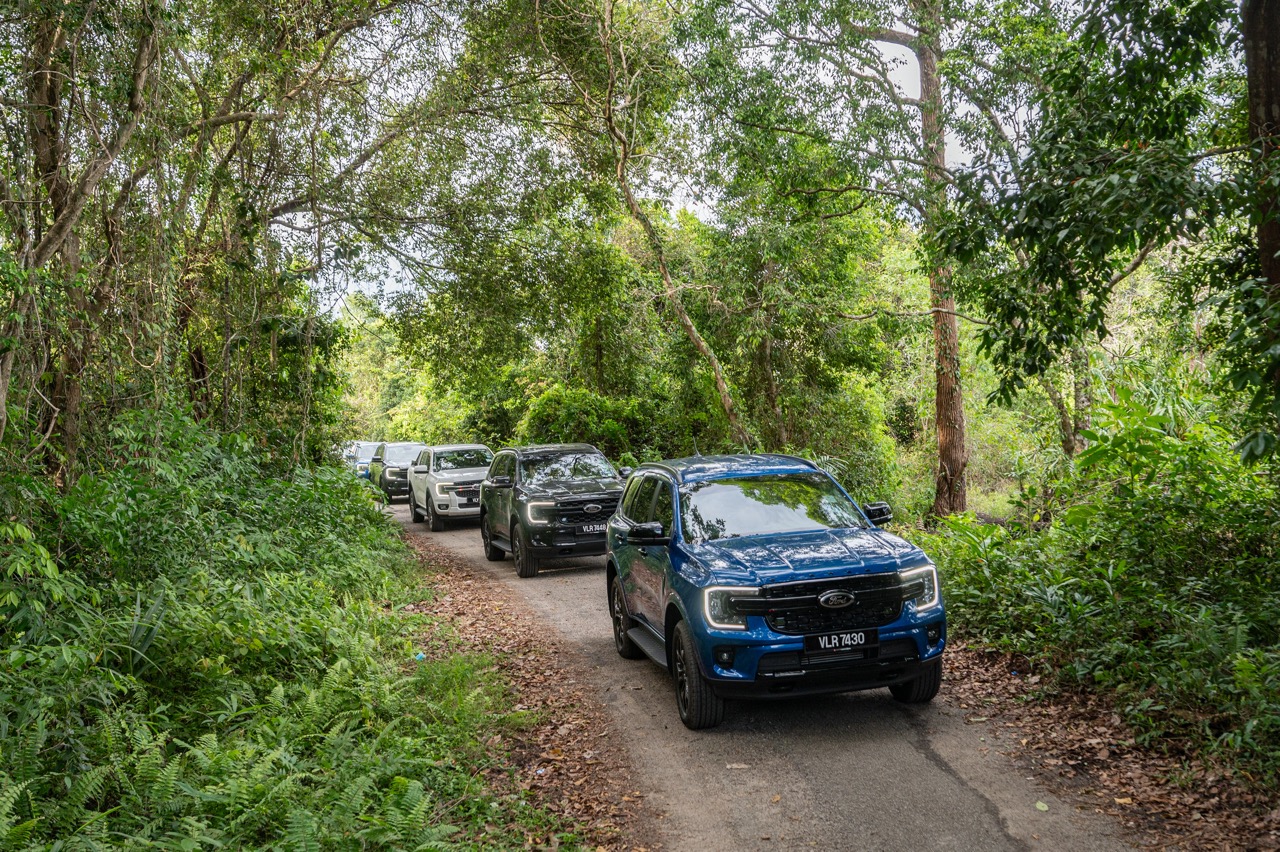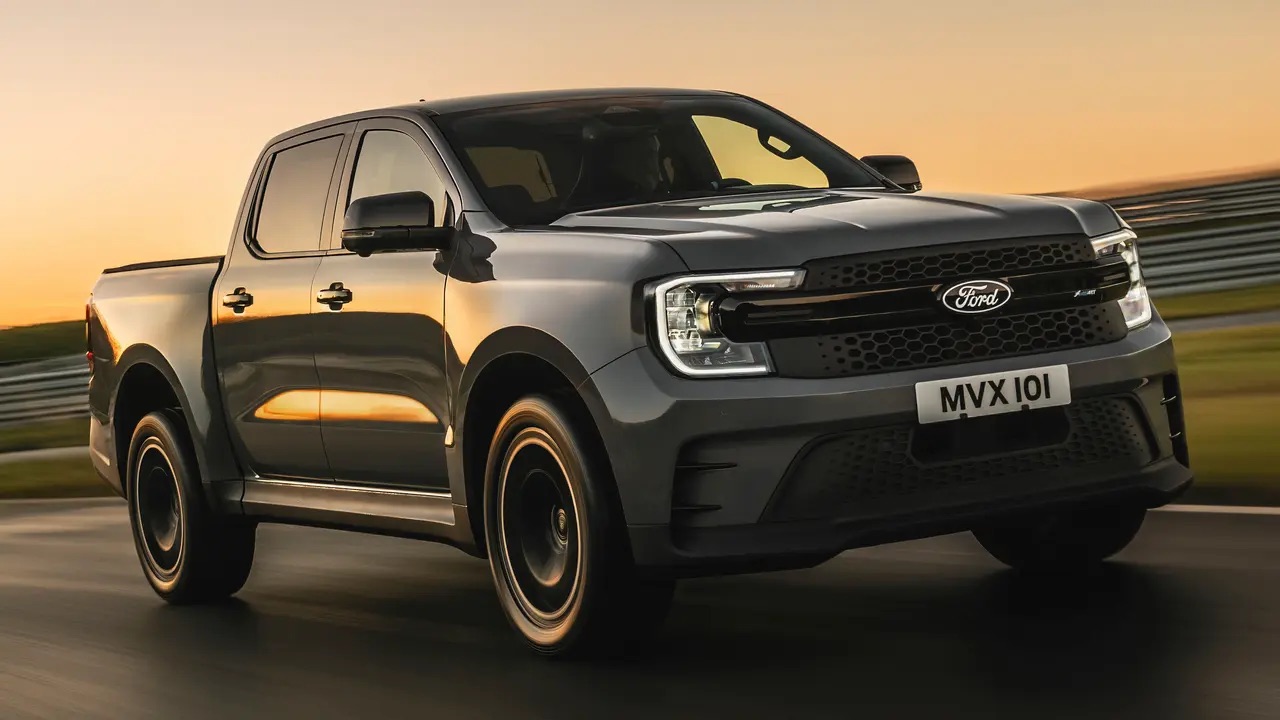In November last year, 5 Japanese companies – Kawasaki Heavy Industries, Mazda Motor Corporation, Subaru Corporation, Toyota Motor Corporation and Yamaha Motor – jointly announced that they would begin discussions for conducting collaborative research into possible avenues for expanding the range of fuel options for internal combustion engines in the quest for carbon neutrality.
Giving customers more choices
Specifically, the companies intend to unite and pursue 3 initiatives: 1) participating in races using carbon-neutral fuels, 2) exploring the use of hydrogen engines in 2-wheeled and other vehicles, and 3) continuing to race using hydrogen engines. This is in an effort to provide customers with greater choice so that, in Toyota’s words’, ‘no customer is left behind’.
Toyota has been working with Yamaha Motor, Denso Corporation and other related parties to develop a hydrogen engine since 2016. It has entered a Corolla equipped with a prototype hydrogen-fueled engine in 3 races in Japan, with Toyota President & CEO Akio Toyoda also participating in the races.
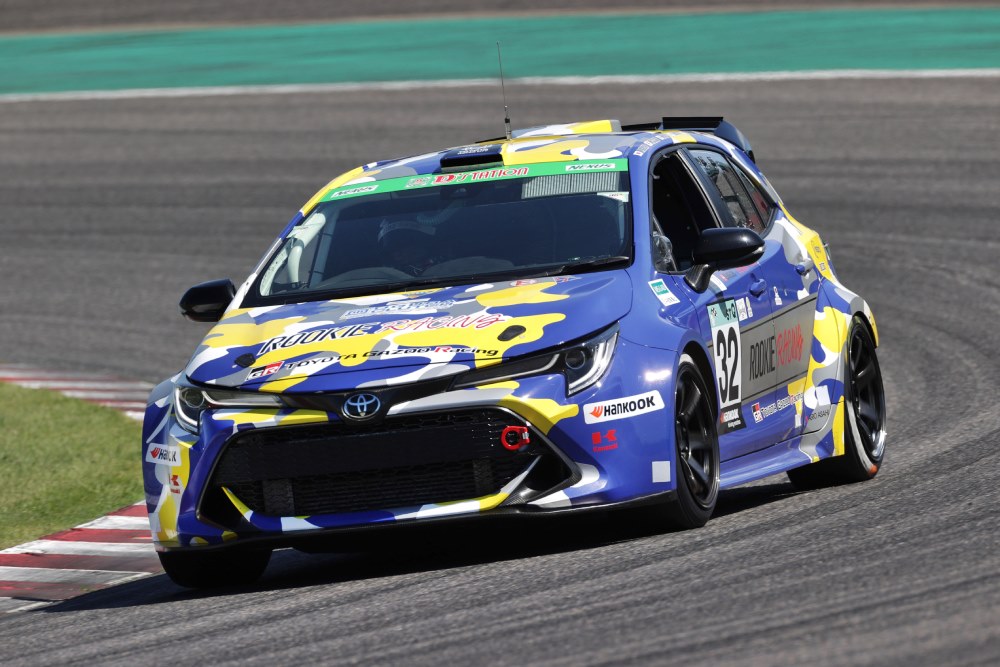
Besides the engine in the Corolla, it has been revealed that there is another engine which Yamaha has been commissioned to develop by Toyota. This is a 5-litre V8 engine that can be used for automobiles which is fueled entirely by hydrogen. Shown to the public recently, the unit is based on the engine of the same size and configuration in the Lexus RC F sport coupe.
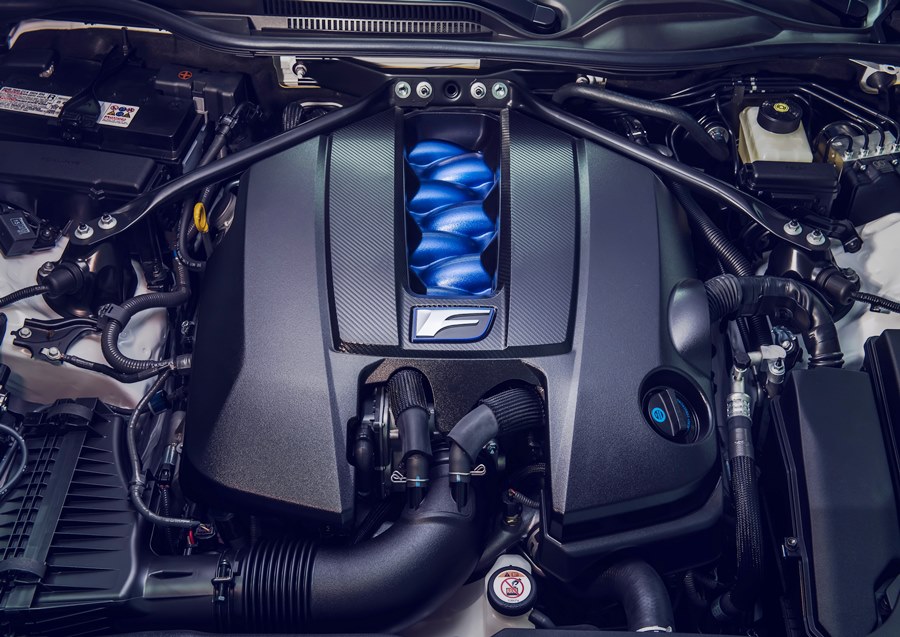
Modifications have been made to the injectors, cylinder heads, intake manifold, and more, and it is claimed to produce up to 455 bhp at 6,800 rpm, with maximum torque of 540 Nm at 3,600 rpm. The 32-valve engine running on petrol has been able to produce up to 472 bhp and 535 Nm, although emission regulations have lowered it to 457 bhp in recent years.
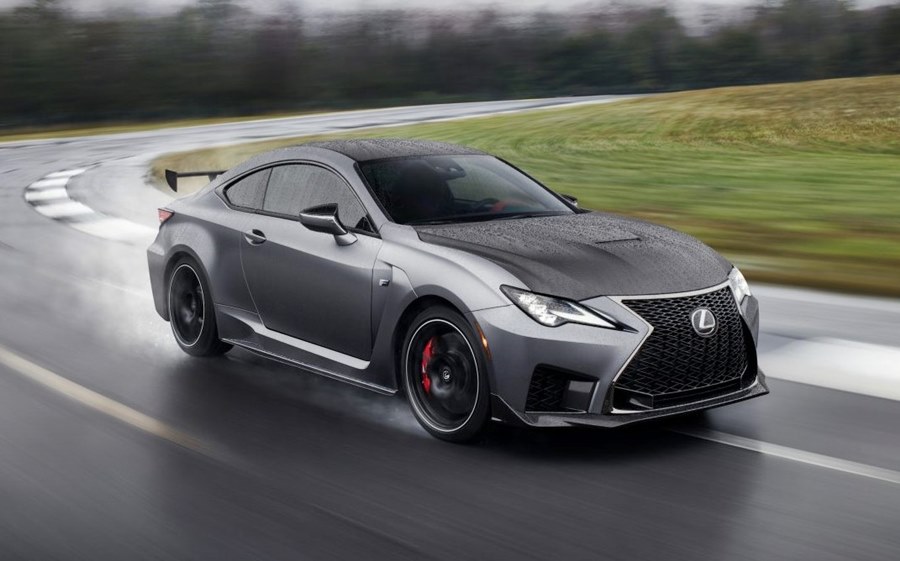
5-year experience with hydrogen engine
Actually, Yamaha began developing a hydrogen engine for cars about 5 years ago. Takeshi Yamada from the Technical Research & Development Centre’s Automotive Development Section who is a member of the hydrogen engine development team, recalls having a of sense ‘the depth of potential in the powerplant’ as the project progressed.
“I started to see that engines using only hydrogen for fuel actually had very fun, easy-to-use performance characteristics,” he explained. “Hydrogen engines have an innately friendly feel that makes them easy to use even without resorting to electronic driving aids. Everyone who came to test-drive the prototype car would start off somewhat skeptical, but emerged from the car with a big smile on their face at the end. As I watched this, I started to believe that there is actually enormous potential in the characteristics unique to hydrogen engines instead of simply treating it as a substitute for petrol.”
Another thing that Yamada and the team value in the development process is kanno seino, meaning ‘sensual’ or ‘exhilarating’ performance. One example is the harmonic high-frequency exhaust note produced by the engine’s 8-into-1 exhaust manifold. “This is a challenge we can sink our teeth into as engineers and I personally want to pursue not just performance but also a new allure for the internal combustion engine that the world has yet to see,” declared Yamada.
“Hydrogen engines house the potential to be carbon-neutral while keeping our passion for the internal combustion engine alive at the same time,” proclaimed Yamaha President Hidaka. “Teaming up with companies with different corporate cultures and areas of expertise as well as growing the number of partners we have is how we want to lead the way into the future.”
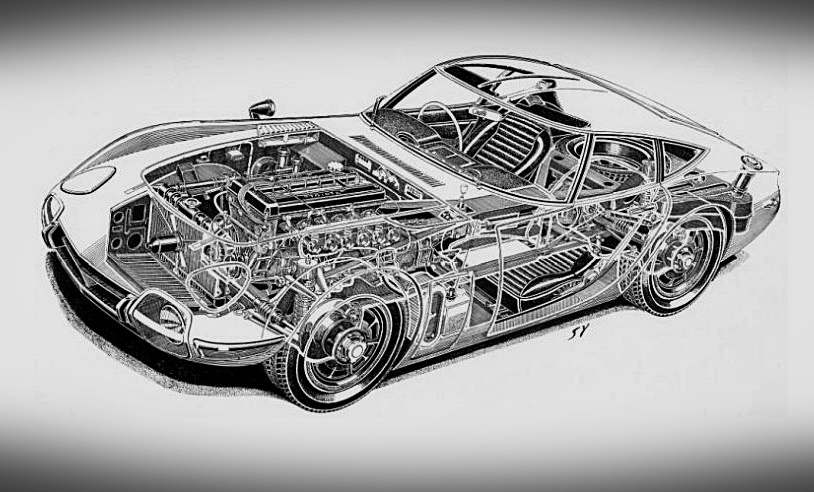
Long history of collaboration
Toyota has had a 5% stake in Yamaha since 2019 but the two companies have a long history of working together, going back to the 1960s. Although well known for its motorcycles, Yamaha has great expertise in engines and was involved in the development as well as manufacture of high-performance engines for Toyota models, including the 2000GT, Japan’s first supercar.
Toyota: “No customer is left behind” in quest for carbon neutrality


